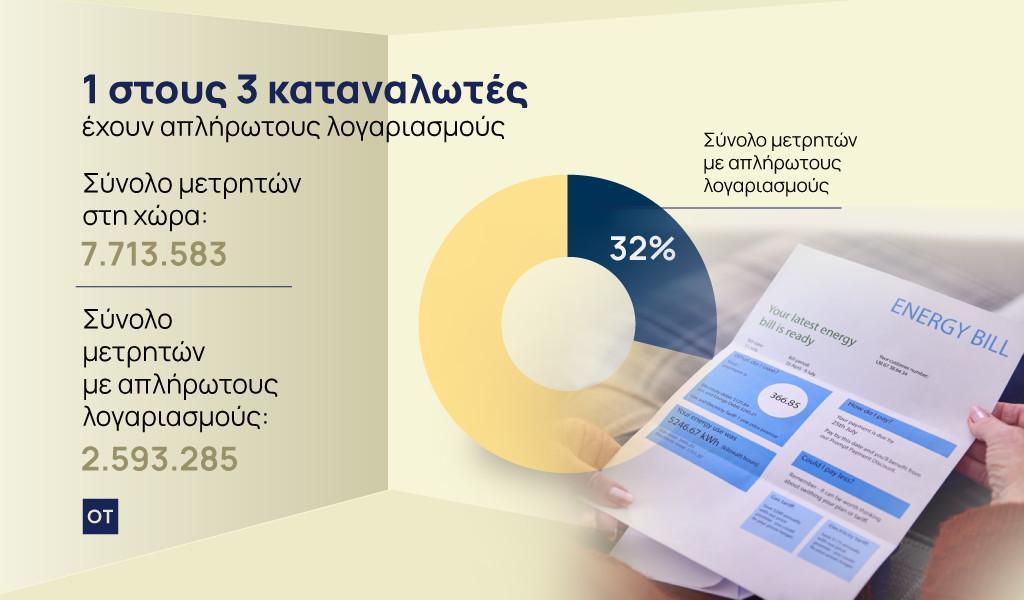A Prime Minister who doesn’t need the policy to live, but the Portuguese need him

At a time when the exercise of politics seems, for many, the natural way of those who have not found a place in the business world, it is rare to find a prime minister who comes to power from a consolidated business career-and that, after its public mission, can return to it naturally. Luís Montenegro represents, in this respect, an exception worthy of registration. But this uniqueness, which should raise respect, is often treated with suspicion and even disdain.
Indeed, the criticisms that have been directed to the prime minister lack the majority of foundation. Its activity in the private sector, prior to government leadership or even PSD, supports an essential idea: it does not depend on the policy to live. Unlike so many others, it did not make the policy or exclusive source of income. And so far, nothing indicates that you have made use of the position for its own benefit or its companies. On the contrary, it breaks with the state capture logic that the country has been subjected to. Montenegro has everything to become the best prime minister of the last three decades.
It is important to remember the context. The last 30 years have been marked by continuous erosion of budgetary responsibility, with the two largest financial collapses of democracy to occur under the protection of socialist governments. In addition, of the two interventions of the International Monetary Fund, the public debt had exponential growth and the tax burden, by the responsibility of these governments, was asphyxiating. This is the portrait of a country that lived far above its possibilities and with a distributive ideological line without thinking about the creation of wealth and the future of the Portuguese.
Montenegro proposes a direction of direction. Today is spoken of economic growth, investment attraction and wealth creation with future redistribution. In addition to people, it also intends to relieve companies’ fiscal charges, allowing them to invest more, hire better and remunerate employees more fairly. The idea is simple, but break with what has been done in the last three decades: instead of seeing in companies a tax instrument in the service of the state, a motor of economic and social development is recognized in them. The IRC low for companies is a good sign, allowing, for example, that 60 percent of this revenue is a performance award to assign to employees, motivating productivity and other investments by entrepreneurs. It is therefore a paradigm shift-and in Portugal paradigm changes are always difficult to accept.
Those who survive and thrive in the difficult business world do not do so without generating criticism. Success in Portugal remains a source of distrust. What I am sorry. Curious Paradox: The current Prime Minister has been more questioned by what he did out of politics than what he did and intends to do inside her. It is symptomatic. The opposition is not interested in discussing the governance of the last year, as well as the program of Luís Montenegro for the future of Portugal.
It is not required of opposition silence or resignation. Yes, it is required a level of criticism proportional to the facts. And above all, a recognition that politics only earns when practiced by those who have already shown to be able to live outside it. Because only then is it guaranteed that one is in the service of the country – and not the other way around. A lot of people talk a lot, but it says little. A lot of people talk little, but it does a lot. The future is for everyone and not just for some. Let’s let work who is competent.
Businessperson







